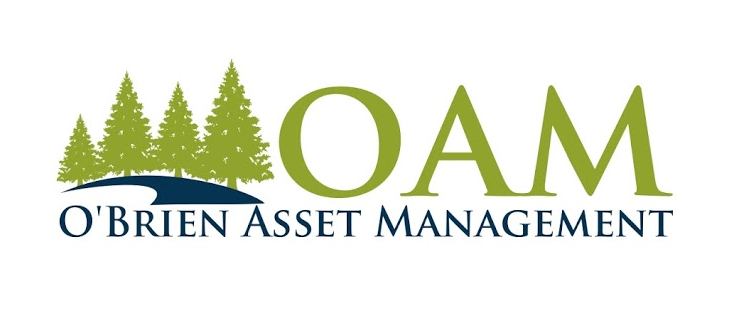Employing a donor-advised fund (DAF) is a "super-charged" charitable-giving strategy. You contribute cash or investment assets to the fund, which is a charity in the eyes of the IRS. You can then direct contributions from the donor-advised fund to various charities over time, and can also contribute additional monies to the donor-advised fund. Because of the recent increase in the standard deduction on federal income tax filings, only about 13 percent of taxpayers itemize so they don't receive all the tax savings benefit they could. DAFs help with this because you can contribute multiple year's contributions all at once.
As the donor, you're also in charge of how the money is invested; most donor-advised funds feature a short menu of investment options ranging from very conservative (for monies that will be disbursed soon) to more aggressive (for assets that will be distributed to charity further in the future).
From a tax standpoint, the key benefit of using a donor-advised fund is that you gain an immediate tax deduction on the amount contributed. If you contribute cash, you can take a deduction of up to 60 percent of adjusted gross income; if you contribute long-term securities, the deduction is limited to 30 percent of adjusted gross income. The contributions are irrevocable, which is why you can obtain the tax benefit right out of the box, even though the amount isn't necessarily being disbursed straightaway. Annual gifts to charity would in most cases be swallowed up by the standard deduction on your income taxes. By contributing in a lump sum, you retain the ability to claim that tax deduction.
